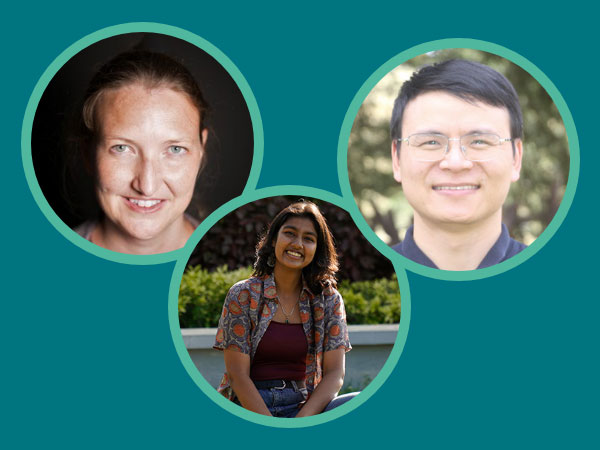A recent television news story in Perth demonstrates how mainstream media can help improve water literacy. So what do we mean by water literacy? Broadly speaking, it’s the community’s knowledge about water and understanding how their actions can affect water management.
For example, early research by the CRC for Water Sensitive Cities found the majority of people understand household actions can reduce urban water use (e.g. water saving devices and water restrictions reduce the amount of water we use). But, many people do not understand terms like ‘raingarden’, ‘fit-for-purpose water supply’ or ‘water sensitive’.
The news story explained a water sensitive approach to transforming gardens at a social housing block in Perth, showing how we can do better with less – less water, fewer nutrients and less need for artificial air conditioning.
This short 2-minute item contained some powerful water sensitive messages:
- Select plants that are suitable for the location. A good place to start is looking at what native plants grow in the area.
- Use recycled tree prunings and leaves as mulch and soil conditioner.
- Monitor soil moisture and water only when necessary. Unnecessarily watering plants flushes nutrients through the soil; these nutrients end up in rivers and waterways, contributing to algal blooms.
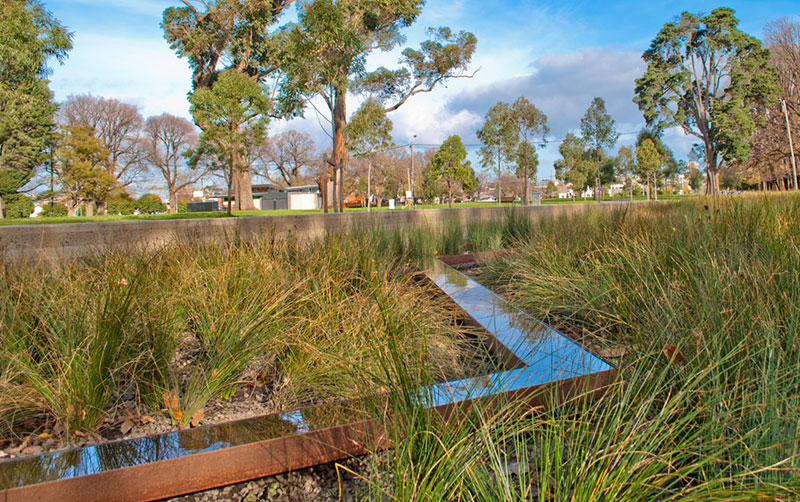
Water Sensitive Cities Australia has a national project, to develop and test practical strategies to increase community water literacy and evaluate the success of engagement actions taken. Our aim is to lift community knowledge about water and empower community action. Water literacy is a key foundation of a water sensitive community. If the community does not know or understand the water cycle, then they cannot actively participate in water management.
We will be exploring these sorts of mainstream media channels as part of this project. Keep an eye out for updates.
Supporting integrated urban water management in Thailand’s Eastern Economic Corridor
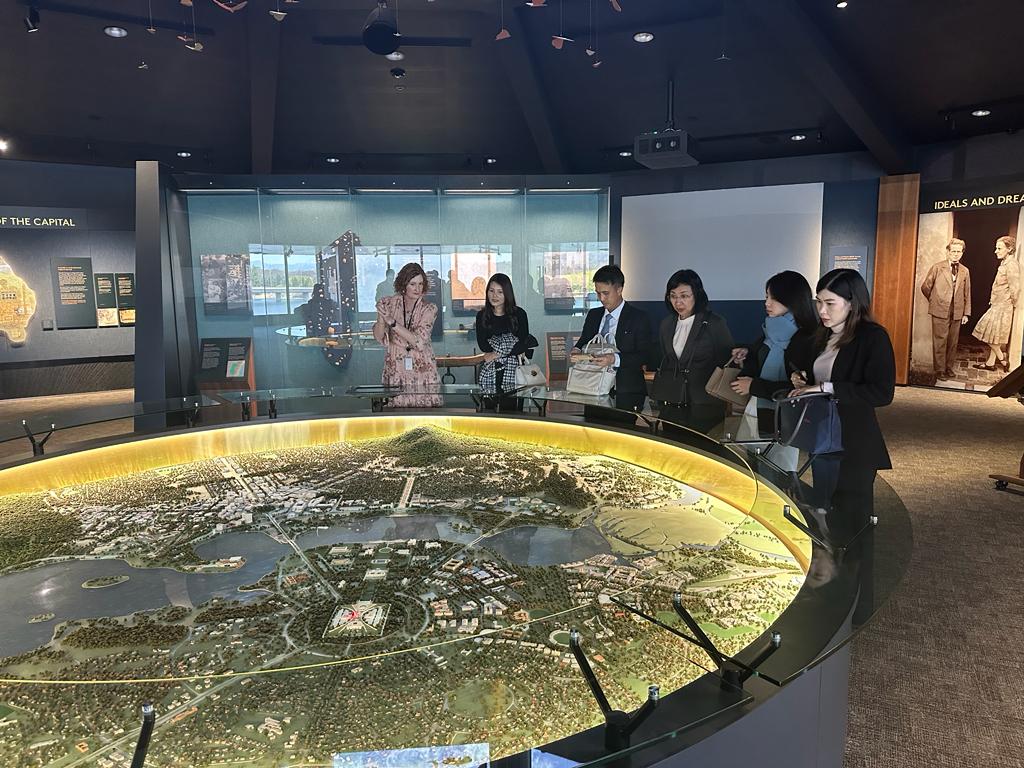
Get the run down on the RUCaS Regional Conference and Training, held over 4 days in November 2023
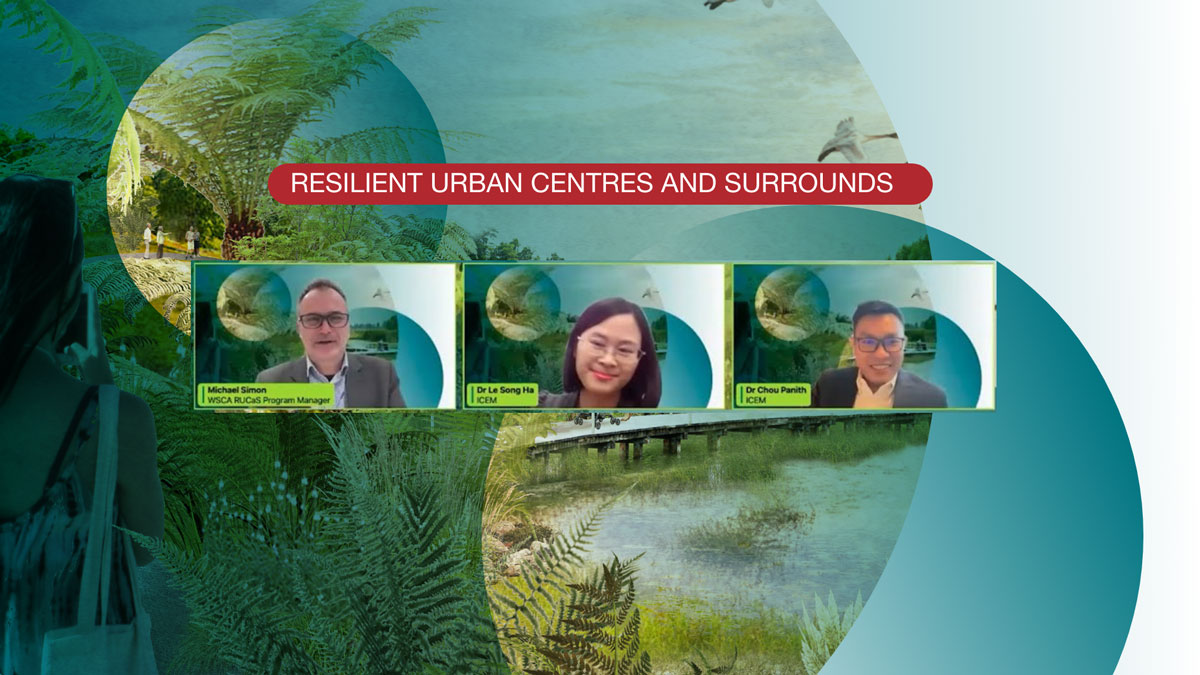
Improving climate change and water security outcomes for peoples with disabilities
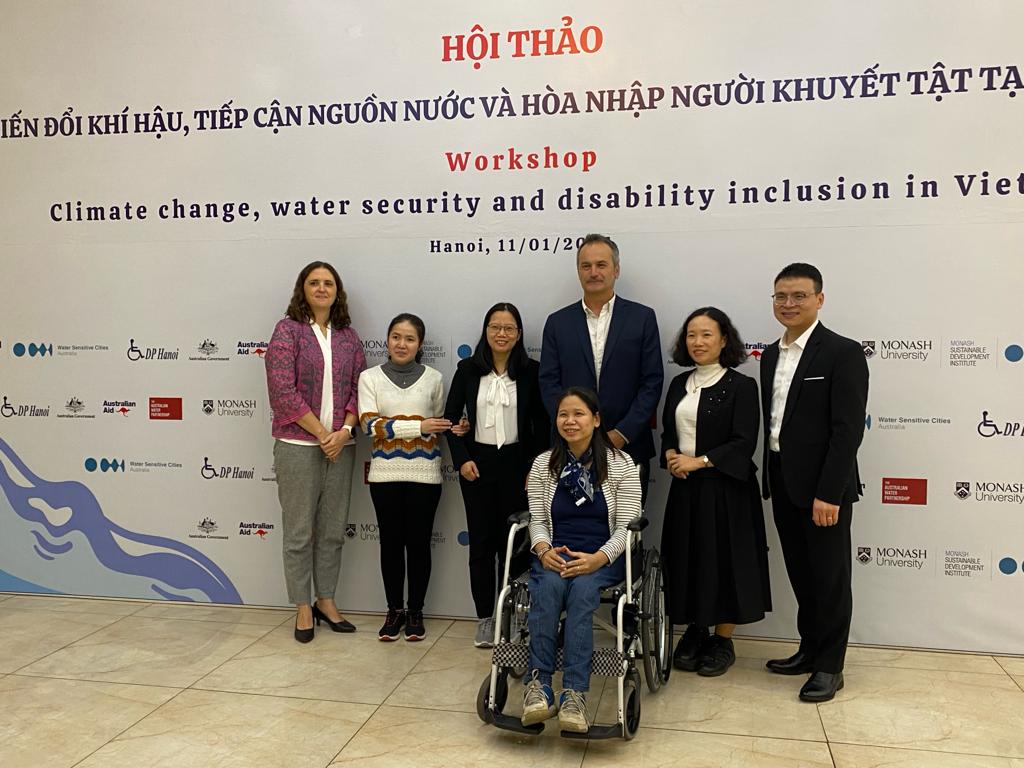
New faces at Water Sensitive Cities Australia
